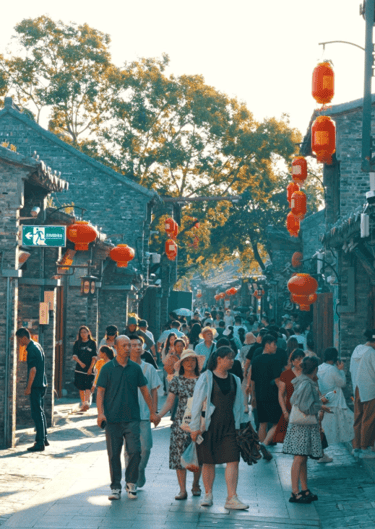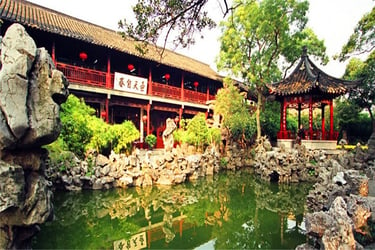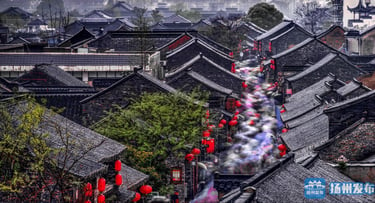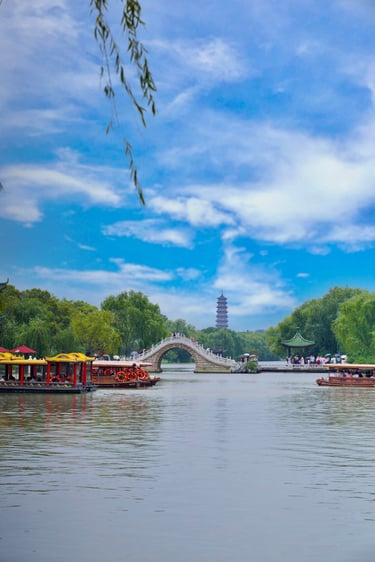Yangzhou: Where Myanmar Meets China in My Heart
Yangzhou, my second hometown, became a place of warmth and connection during my university years. Despite initial language barriers, I grew to love the city’s history, culture, and delicious food, from grilled mutton skewers to Yangzhou fried rice. The serene beauty of Shou Xi Hu, the Grand Canal, and the famous gardens left lasting memories. Yangzhou will always hold a special place in my heart.
TRAVEL AROUND THE WORLD
Melanie Thitsar
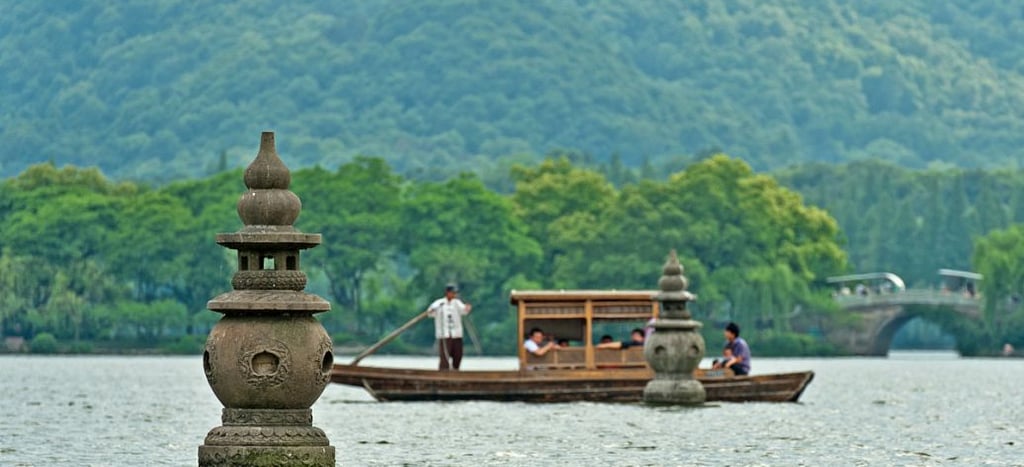

When I first stepped off the flight from Myanmar all those years ago, Yangzhou felt like another planet. The language sounded like music I couldn't understand, the food was strange, and I missed the golden pagodas of Mandalay terribly. But slowly, this watery city worked its magic on me.
One of my favorite memories is taking Bus No. 37 with my friends to Dong Guan Jie (东关街), a lively old street full of traditional architecture and vibrant street food vendors. The street always felt alive with the sounds of people talking, the clink of plates, and the tempting smells of food. While my friends enjoyed warm dumpling soups, I often tasted in 烤羊肉串 – delicious grilled mutton skewers that became one of my favorite snacks. I loved how this simple treat always brought people together. It was affordable, satisfying, and tasted like home.
Living on a student budget, Money was tight in those days. I didn’t visit 瘦西湖 - Shou Xi Hu (Slim West Lake) often, but when I did, I understood why poets wrote about this place for centuries. The Five Pavilion Bridge at sunset, its reflection making perfect circles on the lake - this was China's soul laid bare.
Yangzhou’s beauty isn’t just found in its bustling streets or delicious food, but also in its serene gardens. Geyuan (各园) and Heyuan (何园) are two of the most famous gardens in the city. The first time I visited Geyuan Garden, its bamboo forests whispered secrets in a language beyond words. Heyuan Garden is equally beautiful, with its peaceful atmosphere and the harmony between its water features and plants. Walking through these gardens felt like stepping into another world, one where time slows down, and you can just relax and enjoy nature’s beauty.
Walking along the Grand Canal at dusk, I'd imagine the countless merchants, scholars and laborers who walked these same banks over 2,500 years. This watery highway that built empires now carried tourist boats, but its timeless rhythm still connected me to China's living history.
There's an ancient poem that perfectly captures this city:
"故人西辞黄鹤楼,烟花三月下扬州。
孤帆远影碧空尽,唯见长江天际流。"
"My old friend says goodbye at Yellow Crane Tower,
Going to Yangzhou in spring's third month glow.
His lone sail disappears in blue emptiness,
Nothing but the Yangtze flowing to heaven's edge."
This is how Yangzhou feels - like a place where goodbyes and hellos both linger in the air. After four years, it became my "cousin town" to Mandalay. The way morning mist rises from the Grand Canal reminds me of Irrawaddy River back home. The laughter shared over Yangzhou fried rice in cheap student canteens tastes like comfort.
Even now, certain things trigger memories:
The particular squeak of Bus No. 37's brakes
The way vendors on Dongguan Street would smile when I practiced my broken Chinese
That first breathtaking view of Five Pavilion Bridge when I finally saved enough for Shou Xi Hu ticket
Yangzhou taught me that home isn't just one place. Sometimes it's the city where you struggle, grow, and discover versions of yourself you didn't know existed. Whenever I smell cumin or see willow trees reflected in water, part of me is back there - no longer a stranger, but someone who belonged.
Mandalay gave me my roots, but Yangzhou gave me wings. And for that, I'll always be grateful.
